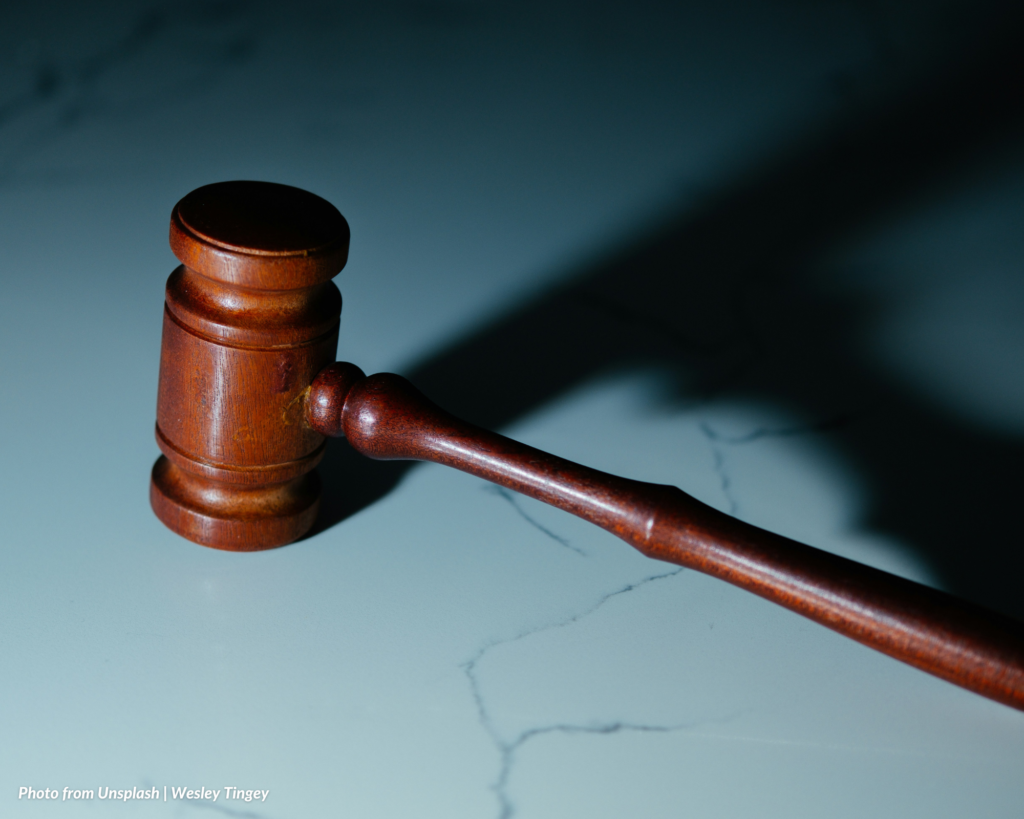
Photo from Unsplash | niu niu
The following post does not create a lawyer-client relationship between Alburo Alburo and Associates Law Offices (or any of its lawyers) and the reader. It is still best for you to engage the services of a lawyer or you may directly contact and consult Alburo Alburo and Associates Law Offices to address your specific legal concerns, if there is any.
Also, the matters contained in the following were written in accordance with the law, rules, and jurisprudence prevailing at the time of writing and posting, and do not include any future developments on the subject matter under discussion.
AT A GLANCE:
Under the Three-Fold Liability Rule, the wrongful acts or omissions of a public officer may give rise to civil, criminal, and administrative liability. (Silvino Matobato v. People of the Philippines, G.R. No. 229265, February 15, 2022)
An action of each can proceed independently of the others. (Jose Romeo Escandor v. People of the Philippines, G.R. No. 211962)
We often hear the phrase “A public office is a public trust.” This is embodied in Section 1, Article XI, 1987 Constitution. The law says:
“Public office is a public trust. Public officers and employees must, at all times, be accountable to the people, serve them with utmost responsibility, integrity, loyalty, and efficiency; act with patriotism and justice, and lead modest lives.”
This phrase expresses the idea that public officials and employees are entrusted by the people to serve them with honesty, integrity, and loyalty. This likewise implies that public office is not a privilege, but a responsibility that requires accountability and modesty.
The Three-Fold Liability Rule
The Three-Fold Liability Rule holds that the wrongful acts or omissions of a public officer may give rise to civil, criminal and administrative liability. This simply means that a public officer may be held civilly, criminally, and administratively liable for a wrongful doing. Thus, if such violation or wrongful act results in damages to an individual, the public officer may be held civilly liable to reimburse the injured party. If the law violated attaches a penal sanction, the erring officer may also be punished criminally. Finally, such violation may also lead to suspension, removal from office, or other administrative sanctions.
Jurisprudence says:
Under the Three-Fold Liability Rule, the wrongful acts or omissions of a public officer may give rise to civil, criminal, and administrative liability. (Silvino Matobato v. People of the Philippines, G.R. No. 229265, February 15, 2022)
An action of each can proceed independently of the others. (Jose Romeo Escandor v. People of the Philippines, G.R. No. 211962, July 06, 2020)
The action that may result for each liability under the “threefold liability rule” may proceed independently of one another, as in fact, the quantum of evidence required in each case is different.
In the case of Jose Romeo Esacandor v. People of the Philippines (G.R. No. 211962, July 06, 2020), the Supreme Court ruled that the three-fold liability rule applies in cases of sexual harassment, to wit:
“At the core of sexual harassment in the workplace, as penalized by Republic Act No. 7877, otherwise known as the Anti-Sexual Harassment Act of 1995, is abuse of power by a superior over a subordinate. Sexual harassment engenders three-fold liability: criminal, to address the wrong committed against society itself; civil, to address the private wrong against the offended party; and administrative, to protect the public service. Courts and administrative bodies should not hesitate to penalize insidious acts of sexual harassment, especially when committed by high-ranking public officers.”
Further, the Supreme Court held:
“Under Republic Act No. 7877, an act of sexual harassment may result in three distinct liabilities: criminal, civil, and administrative. An action for each can proceed independently of the others. In a criminal action, the accused is prosecuted for a wrong committed against the society itself, or the State whose law he or she violated. In a civil action, a defendant is sued by the plaintiff in an effort to correct a private wrong. The purpose of an administrative action, on the other hand, is to protect the public service by imposing administrative sanctions to an erring public officer.”
Related Article:
Alburo Alburo and Associates Law Offices specializes in business law and labor law consulting. For inquiries regarding taxation and taxpayer’s remedies, you may reach us at info@alburolaw.com, or dial us at (02)7745-4391/0917-5772207.
All rights reserved.


